Zaira Martinez had to change schools in her sophomore year of high school, switching from a big urban high school with more than 1,700 students to a K-12 school with just under 300 students. But It wasn’t just the school’s size that was different. Teachers at Zaira’s new school kept a watchful eye on all students, fully expecting them to need support on both academic and life issues.
Unlike her previous teachers, her new teachers would ask how she was doing and even stay late if she needed help.
“Here was a place where I was so seen and someone wanted to help me,” she said. “It was a turning point. I didn’t go unnoticed here.”
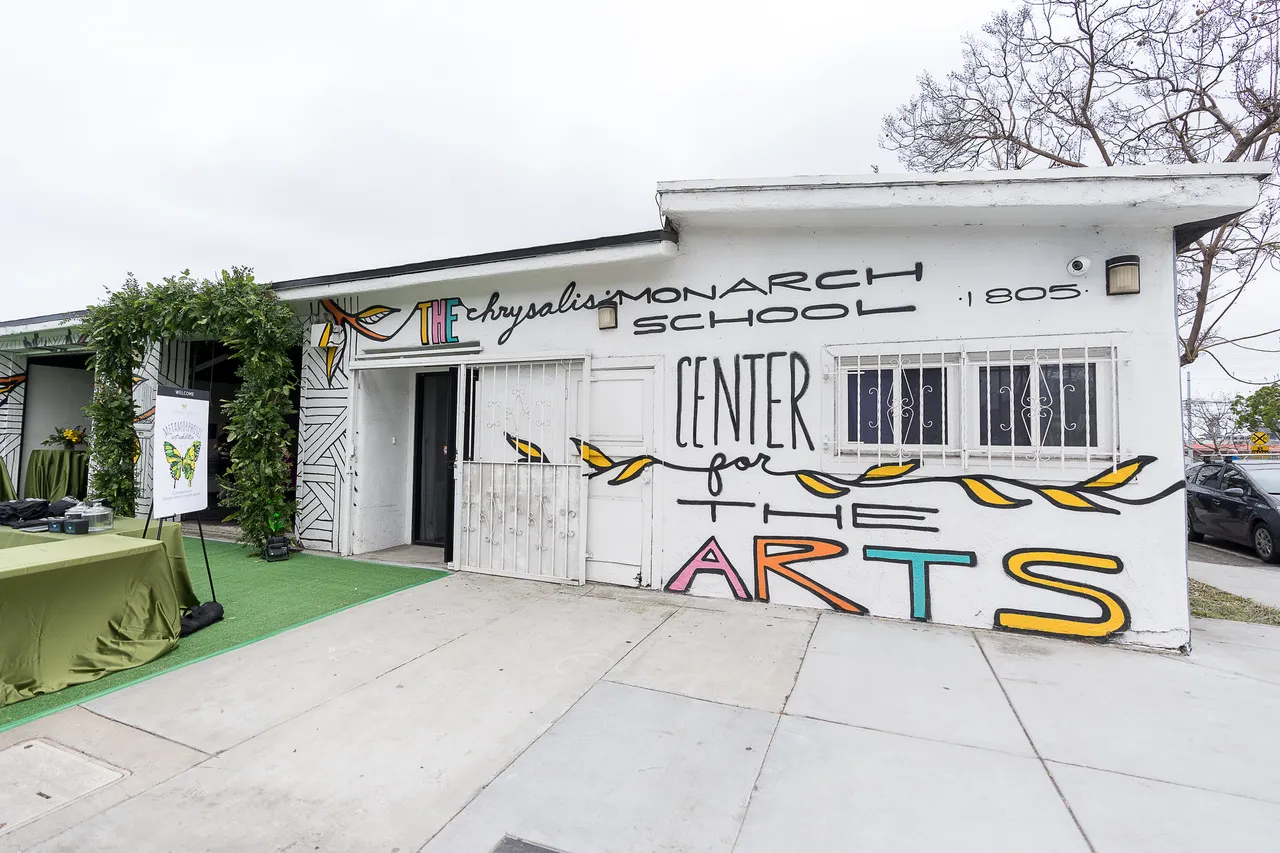
Like Zaira, each student at Monarch School in San Diego was homeless, with no permanent place to live. Some had been evicted with their families, some had run away from home and others, like Zaira and her two younger brothers, had become homeless when their mother fled an abusive relationship.
Monarch is the only public K-12 school in the country exclusively for homeless youth. Formed as a 501c3 nonprofit in 1999, the school’s discretionary funding — which covers wraparound services in athletics, arts, mental health, guardian/family engagement and alumni relations — is sourced entirely from donations and grants. The San Diego County Office of Education leases the building, and most of the school’s teaching staff are SDCOE employees.
As a designated Community School, Monarch offers both an academic setting and nonprofit services on-site to serve students and their families. The school operates year-round and provides bus passes to students.
“Monarch is a community that has stayed with me for so many years,” said Martinez, who graduated from Monarch in 2014 and now works as the school's volunteer and community engagement coordinator. “It gave me the confidence to pursue higher education.”
Like at many schools, confidence is one of the social and emotional skills that Monarch works to intentionally cultivate in its students. But the school has gone a step further by measuring social-emotional growth in a recently released longitudinal study.
School leaders and even the study’s co-author were surprised by the results. In spite of their life challenges, students at Monarch demonstrated consistently strong self-esteem, emotional regulation and feelings of agency. The study also showed that the school's students sustained their skills and strengths over time.
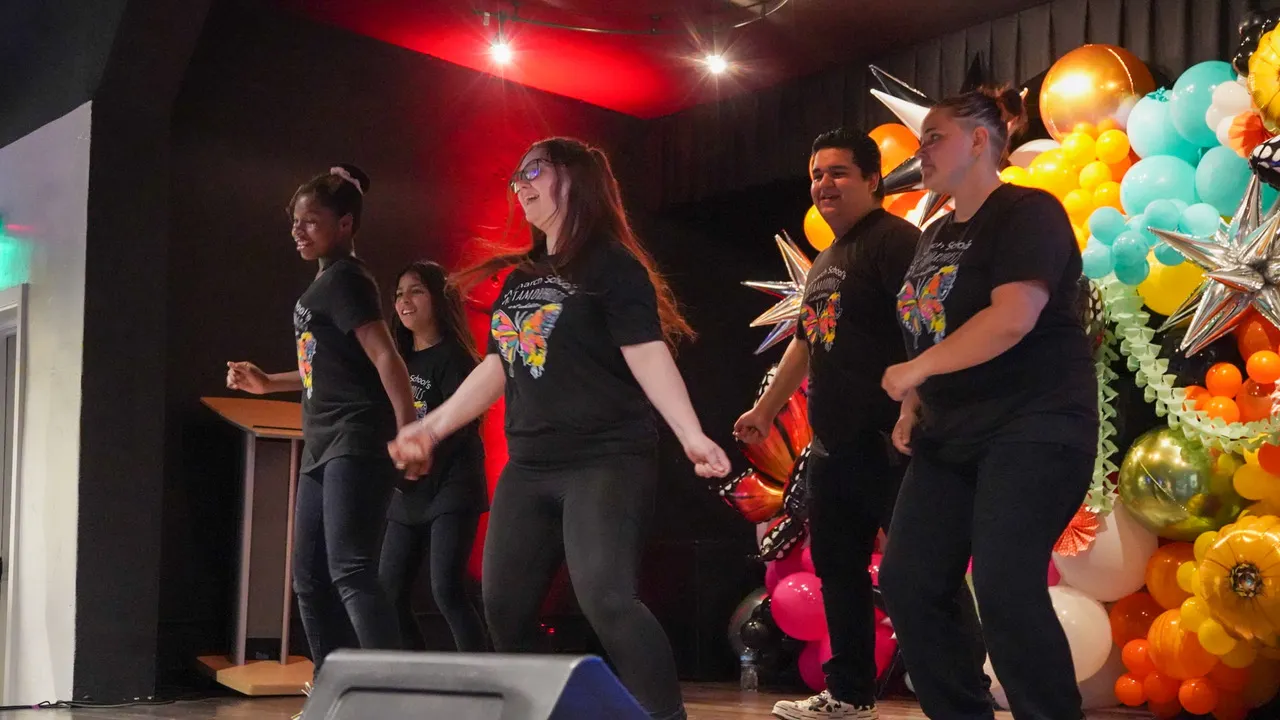
“This challenges what we often see from a deficit mindset,” said Lisa Smith, associate director of research at the University of San Diego’s Jacobs Institute for Innovation in Education and a co-author of the study. “It shows us the importance of seeing things from a strength-based perspective. How do we maintain what we have and see the value of who we are?”
Overall, the study is unique in the way it quantifies SEL skills, specifically in a vulnerable population. From 2016 to 2019, assessments were taken twice a year, whereas longitudinal studies more often include only two data points: at the beginning and at the end.
“We were seeing such positive outcomes,” said KishaLynn Elliott, vice president of operations and evaluation at Monarch. “Employability was going up for students in internship programs. Matriculation rates were going up. But we also have social growth and emotional growth programs, and we didn’t have similar ways to measure outcomes.”
Students at Monarch cope with complex trauma, from a lack of stable homes to parental drug or alcohol abuse. The school’s emotional growth programs are designed to address this trauma directly, by emphasizing strength, resilience and belonging to a community.
Restorative practices — which stress participation in a community, healing, and repairing harm — are at the center of the school’s programming and were assessed in the study. Teachers also use these practices to help students quickly feel a sense of belonging. The average student enrollment is 18-24 months, though students often stay for longer.
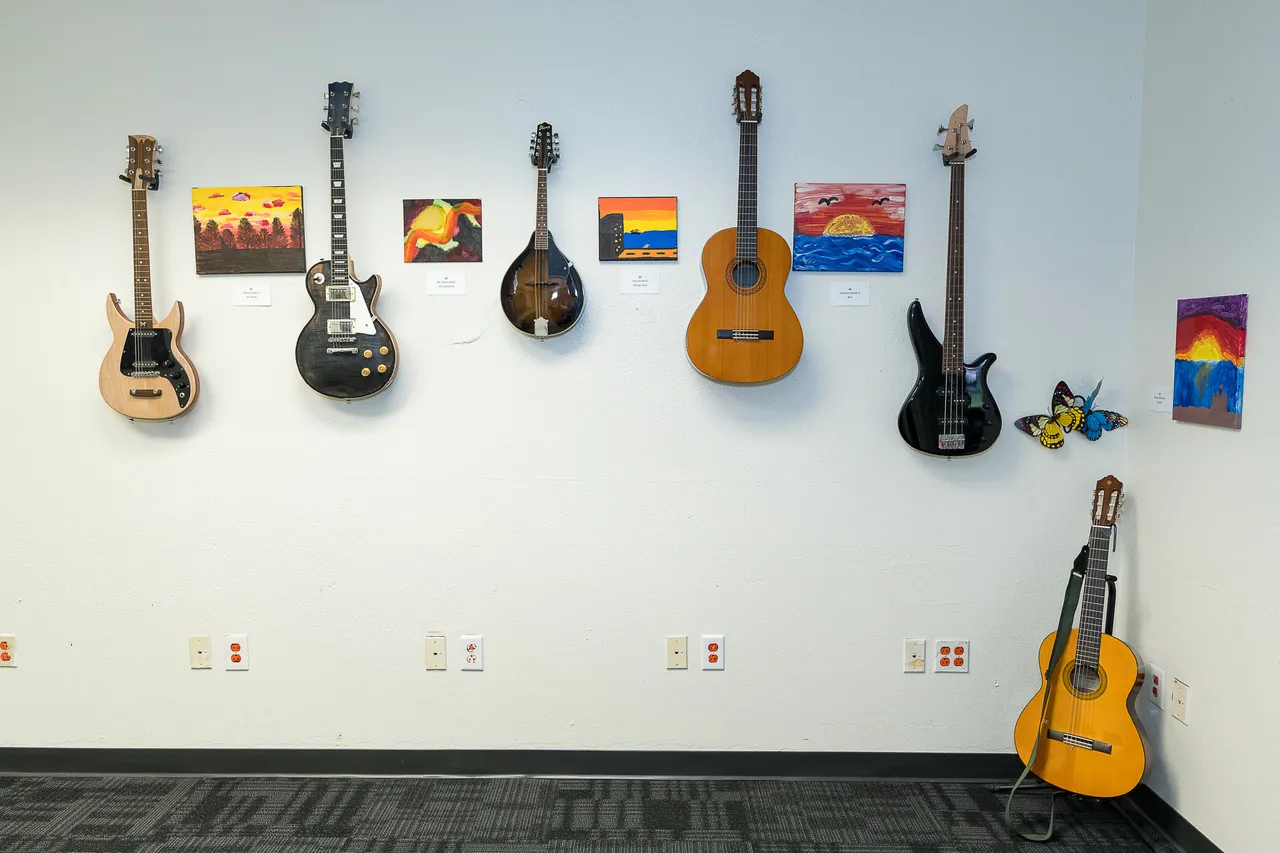
Students also have the option to transition to neighborhood schools at any time, said Monarch CEO Afira DeVries. "This option is generally appealing to older students once they and their families have secured stable housing for a period of three years or longer," DeVries said.
School leaders say that by measuring resilience and the capacity for students to sustain it over time, they can see what they are doing right and where programming can improve.
In fall 2018, for example, students in grades 3-5 reported they didn’t feel emotionally safe at school.
“We were surprised because we center safety at the school,” said DeVries. “Our elementary teachers circled up and asked, ‘What’s getting in the way, and what should we do about it?’”
One response was to integrate the PeaceBuilders curriculum, which teaches and promotes prosocial behavior, into school programming. By spring 2019, students ranked their feeling of safety high on a new survey.
Another finding on that survey was that three school programs had the most direct positive impact on students: behavioral health, art and athletics programs.
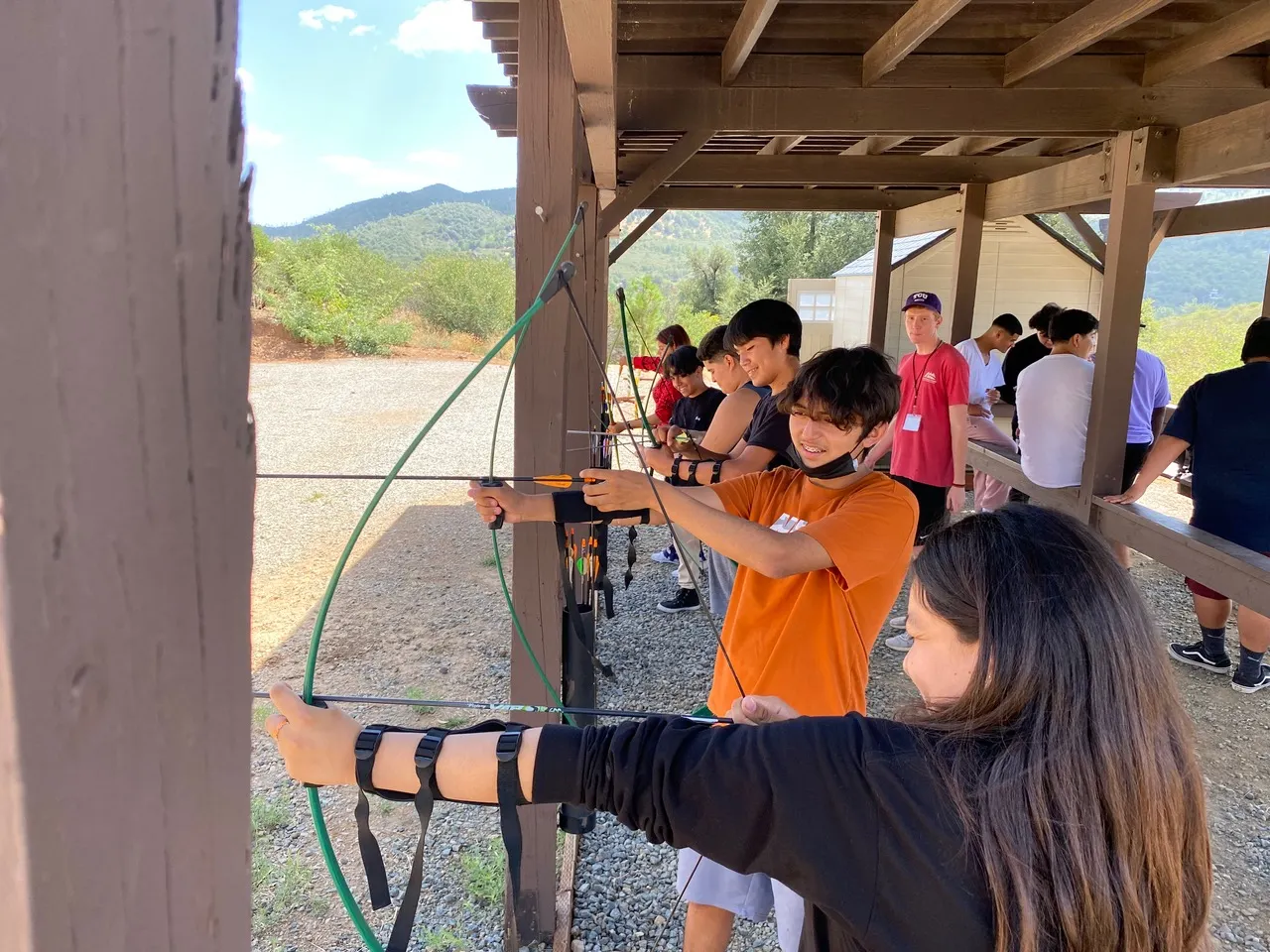
“When we understood that, we realized we were spending very little on art, and yet this had a big correlation to the health of students,” said DeVries. Specifically, students wanted a stage and more room to make art. The school raised private funds to lease a building around the corner from the main campus and opened a creative arts center last year.
Collaborative research between Monarch and the University of San Diego is ongoing to explore how students are doing post-COVID. The school was closed for a year during the pandemic, which posed significant challenges for students and their families.
School leaders say they want to share what they are learning with other schools and organizations. They say they have found a way to assess student mindset and readiness to learn, something that all educators could benefit from.
“A lot of schools are teaching this stuff,” said Elliott, “but if you don’t have a program to measure the impact of the work you are doing, you’ll never know the full story.”
Correction: A previous version of this story misstated the resources provided to Monarch School by the San Diego County Office of Education.

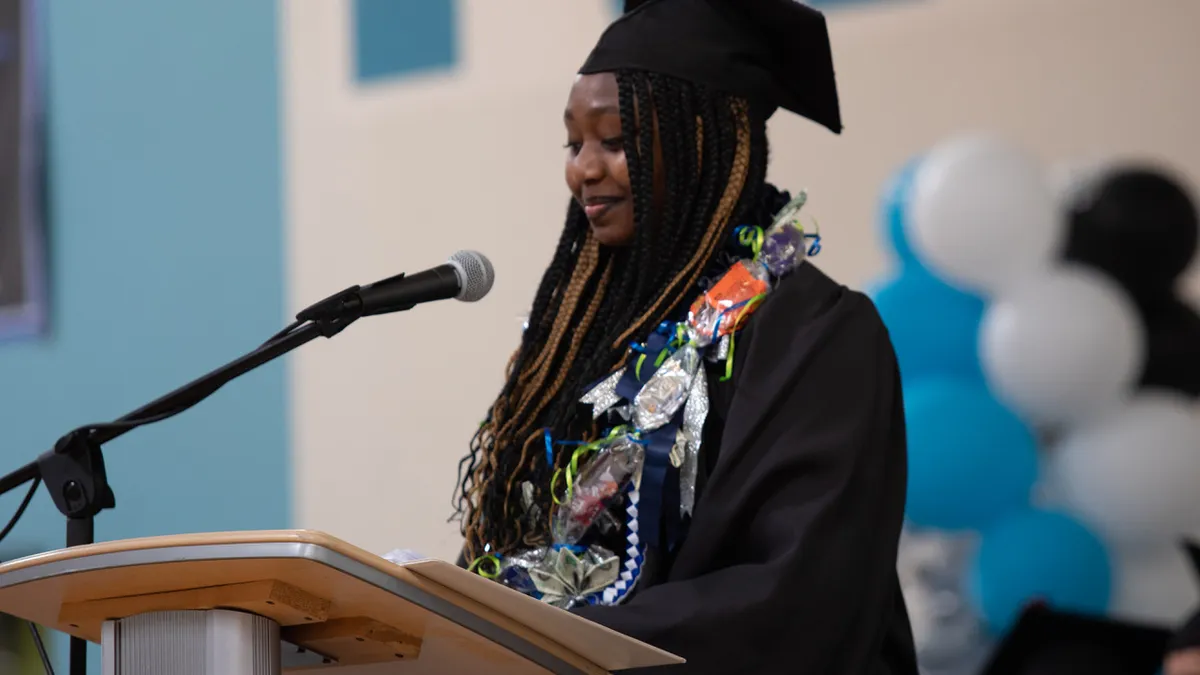




 Dive Awards
Dive Awards










